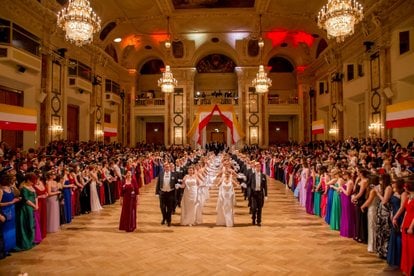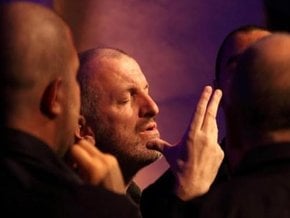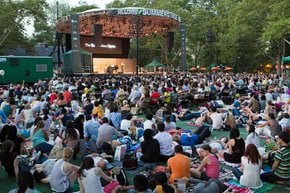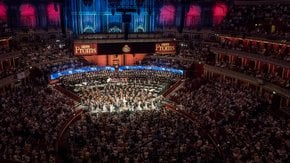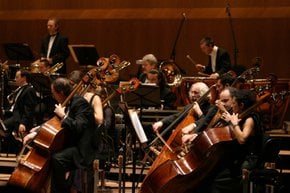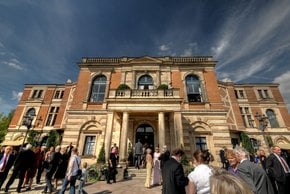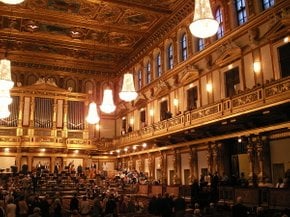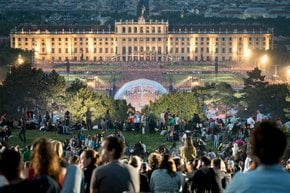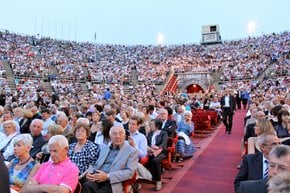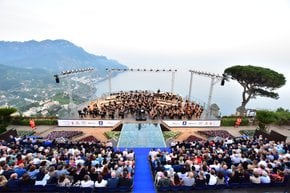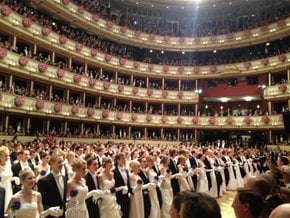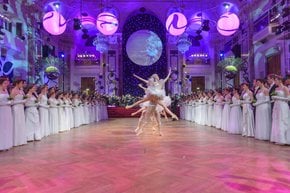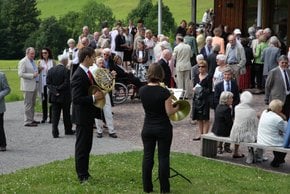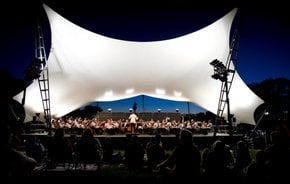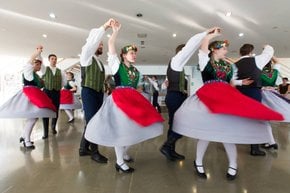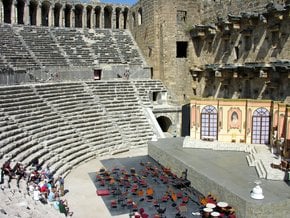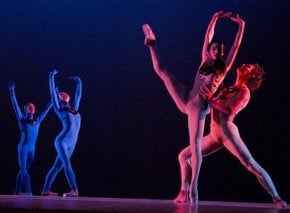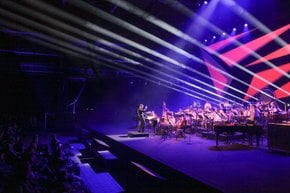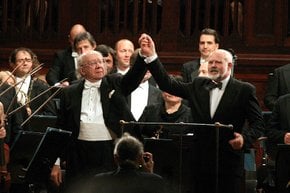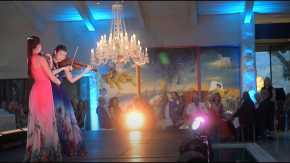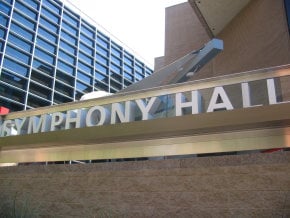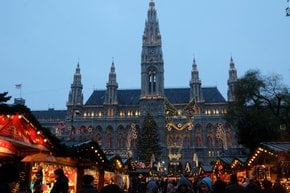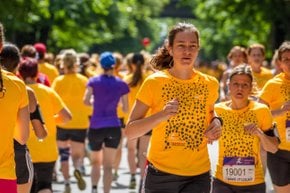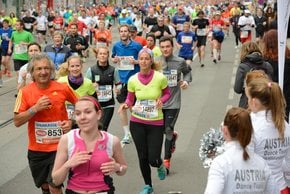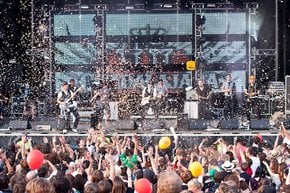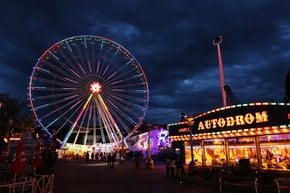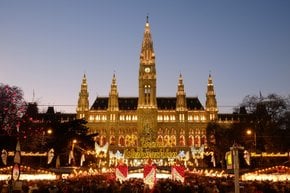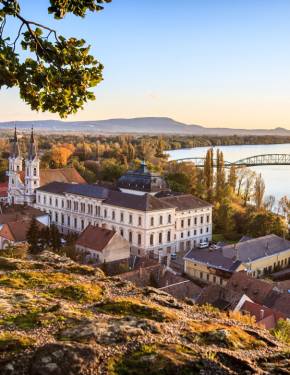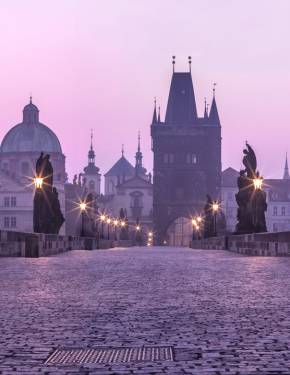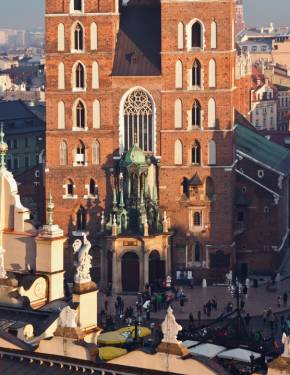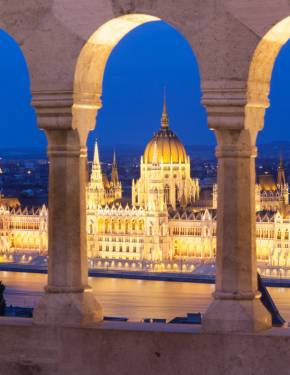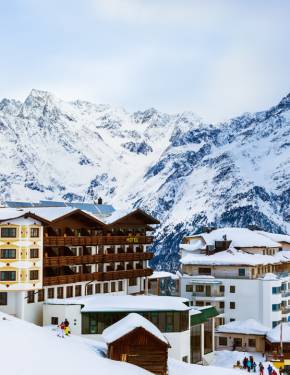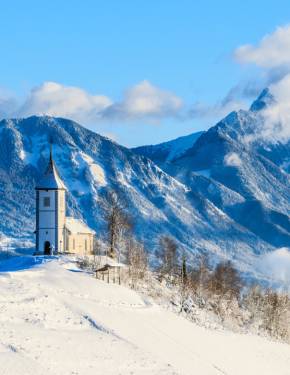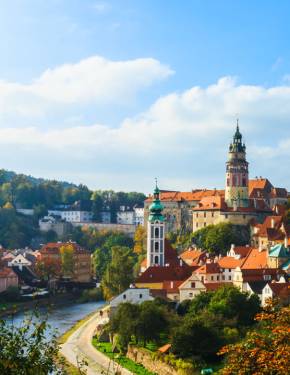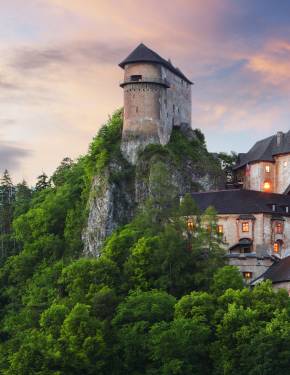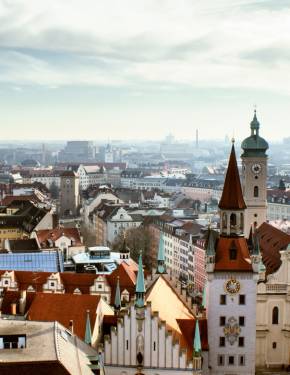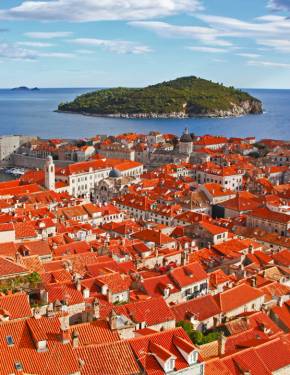Ball Season in Vienna 2025-2026
Check out one of the most famous traditions of the city
Dates: November 11–February
Vienna stands unrivaled in its ability to host balls that are both enchanting and vibrant. The city's traditional events mesmerize both residents and international guests, spreading their magic far beyond just one evening. If you have no ticket to the famous Vienna Opera Ball, don't be too upset. After all, there are up to 500 different balls taking place in Vienna during the winter. The ball season runs during Carnival from 11 November to Shrove Tuesday in February and peaks in January and February, attracting lots of visitors to the city.
Ball Traditions
The unique ambiance of the Vienna Philharmonic Orchestra Ball is defined by its ceremonial program and courtly customs, including strict dress codes, an opening fanfare, the arrival of debutants, and the traditional call of "Alles Walzer!" Highlights of the evening feature a "midnight performance," typically a quadrille, and a small gift for each guest upon entering the hall. After a long night of dancing, the city's sausage stands become a popular gathering spot for ballgoers to unwind and enjoy a late-night snack.
Most Beautiful Balls
Ball of the Vienna Philharmonic Orchestra (January 23, 2025)
The Ball of the Vienna Philharmonic Orchestra is often regarded as the unofficial climax of Vienna's ball season. Held in the prestigious halls of the Vienna Musikverein, where the New Year's Concert is broadcast annually, this event is considered one of Vienna's most exclusive. Hosted by one of the world's most renowned orchestras, the ball invites guests to dance in the opulent Golden Hall of the Musikverein.
Vienna Opera Ball (February 27, 2025)
The Opera Ball, held at the Vienna State Opera, is renowned as "the most beautiful ballroom in the world" and serves as the official State Ball of the Republic of Austria. This annual event celebrates the artists of the Vienna State Opera in a single, magical night. Guests from around the world gather to marvel at the opening polonaise, enjoy champagne, and listen to performances by renowned opera singers as the opera house transforms into an extraordinary ballroom.
Coffee Maker Ball (February 21, 2025)
At the Hofburg in Vienna, the Coffee Maker Ball transforms the venue into the city’s most festive dance café, offering an elegant and charming program. This popular event, which attracts 6,000 guests, is a high point of the Viennese carnival and is not just for coffee enthusiasts. A visit to the coffee bar is a must-do experience at this grand affair.
Confectioners Ball (January 16, 2025)
At the Hofburg in Vienna, the city's confectioners have created a "ballet of pastries," turning this Viennese ball into an event that delights not only those with a sweet tooth. Bakers and confectioners invite you to dance amid the imperial splendor of the Hofburg. The event also features a tombola with a chance to win 3,000 handmade cakes!
Other Viennese Balls
The Physician's Ball takes place in the opulent setting of the Imperial Palace at the Hofburg, ensuring a glamorous evening with the added assurance of medical coverage for any emergencies. This event is scheduled for January 25, 2025. Meanwhile, the Concordia Ball, held in the elegant staterooms and arcade courtyard of Vienna City Hall, features the Morgenblätter Walzer, a waltz dedicated by Johann Strauß. This enchanting event will take place in May.
Tickets
Tickets for the most famous balls range from €150 to €400 for ladies and gentlemen. Students up to the age of 27 can purchase tickets for €70 to €85, while tickets for the debutante procession cost €60. Generally, regular adult tickets are priced between €100 and €150, whereas students can find tickets as low as €30 to €40.
Origins of Ball Season
Carnival balls have been a tradition in Vienna since the 18th century. Initially, the waltz, a couples' dance, faced moral outrage. However, the Vienna Congress, which convened in the city to reshape Europe after Napoleon's campaigns, helped make the waltz socially acceptable. The congress was so filled with balls that the phrase "the congress dances!" was coined. The waltz's captivating rotary movements created an intimate atmosphere in the grand ballrooms. Johann Strauss Sr. composed 152 popular waltzes, and his orchestra helped spread the dance's popularity from Vienna to London.

